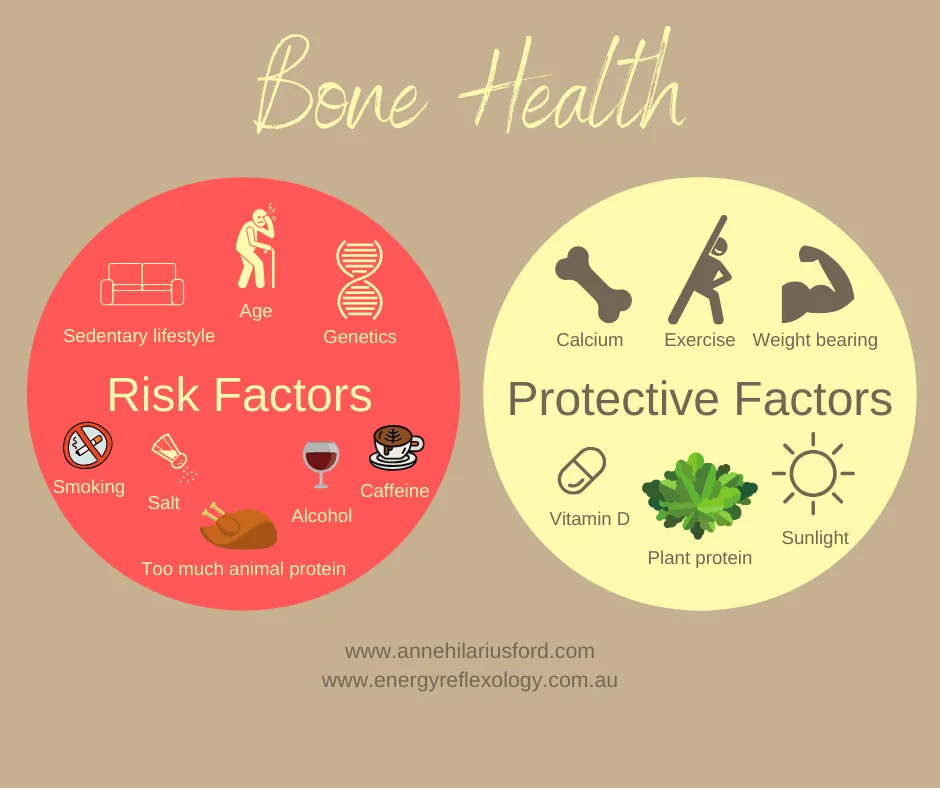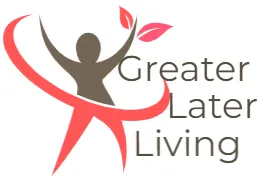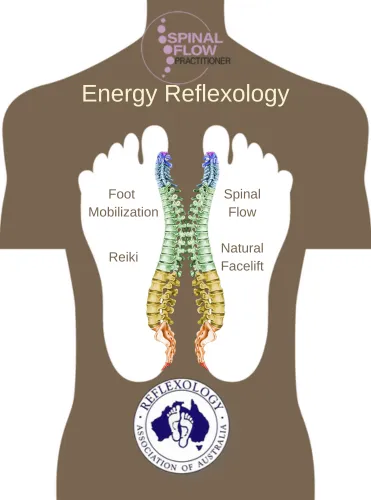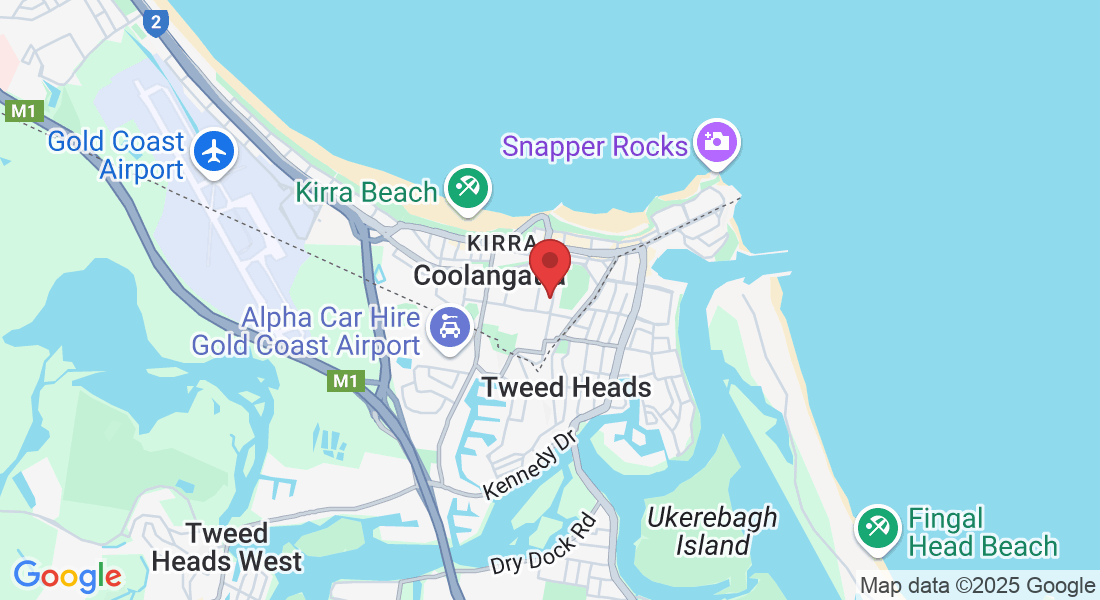Sharing my insights with you
Blog

Healthy Bones for Life

Our bones are an essential part of our body that provide structure, support, and protection to our organs. They also serve as a mineral reservoir, storing calcium and other minerals needed for numerous bodily functions. However, bone health is often taken for granted until we start experiencing problems like osteoporosis, a condition that weakens bones, making them more prone to fractures.
Bone health is important throughout life, but it becomes particularly important during menopause and beyond. Menopause is a natural biological process that occurs in women when their ovaries stop producing estrogen. This hormonal change can lead to a loss of bone density and an increased risk of fractures. Here are some tips for maintaining bone health throughout life.
Eat a balanced diet
As mentioned, calcium and vitamin D are essential nutrients for bone health. In addition to dairy products and leafy greens, there are other foods that are good sources of calcium, such as almonds, sesame seeds, and tofu. Vitamin D can also be obtained through exposure to sunlight, so spending time outside can be helpful. In addition to calcium and vitamin D, a well-balanced diet that includes a variety of nutrient-rich foods can also provide other nutrients that support bone health, such as magnesium and vitamin K.
Exercise regularly
Weight-bearing exercises are particularly effective for building and maintaining strong bones. However, it's important to choose exercises that are appropriate for your fitness level and any existing health conditions. Walking, hiking, dancing, and resistance training with weights or bands are all good options. In addition to weight-bearing exercises, exercises that improve balance and flexibility can help prevent falls and reduce the risk of fractures. Yoga, Pilates, and tai chi are all good choices.
Avoid smoking and excessive alcohol consumption
Smoking is harmful to bone health because it can interfere with the body's ability to absorb calcium. Excessive alcohol consumption can also have negative effects on bone health by reducing bone density and increasing the risk of fractures. If you smoke, quitting is one of the best things you can do for your bone health. If you drink alcohol, aim to do so in moderation or not at all.
Get enough vitamin K
Vitamin K is a nutrient that is important for bone health because it helps the body absorb calcium. Good sources of vitamin K include leafy greens, such as spinach, kale, and collard greens, as well as broccoli, Brussels sprouts, and asparagus. Eating a diet that includes plenty of these foods can help support bone health naturally.
Maintain a healthy weight
Being underweight or overweight can both have negative effects on bone health. People who are underweight may have lower bone density and be at increased risk for fractures. People who are overweight may have higher levels of inflammation in the body, which can affect bone health. Maintaining a healthy weight through a balanced diet and regular exercise can help support bone health.
Conclusion
Taking care of our bone health throughout life is crucial for maintaining overall health and preventing problems like osteoporosis. A healthy and balanced diet, regular exercise, avoiding smoking and excessive alcohol consumption, and getting a bone density test are all important steps for maintaining bone health. Women going through menopause need to be especially vigilant about their bone health as hormonal production changes and this affects the whole body, including the bones. By taking care of our bones, we can stay active and healthy well into old age
By following these natural strategies, it's possible to support bone health without relying on medication or excessive supplementation. However, it's important to note that everyone's bone health needs are different, and some people may require additional support in the form of supplements or medication. If you have concerns about your bone health or are experiencing symptoms of osteoporosis, it's important to speak with a healthcare provider to determine the best course of action for you.

Due to experiences from life and working with clients, I was hugely inspired, and passionate to share that we can have
a life to live from midlife to beyond.
We can have a life with Purpose, Health, Energy and Mobility.
The Purpose does not need to be huge, it is what keeps you happy and motivated.

Healthy Bones for Life

Our bones are an essential part of our body that provide structure, support, and protection to our organs. They also serve as a mineral reservoir, storing calcium and other minerals needed for numerous bodily functions. However, bone health is often taken for granted until we start experiencing problems like osteoporosis, a condition that weakens bones, making them more prone to fractures.
Bone health is important throughout life, but it becomes particularly important during menopause and beyond. Menopause is a natural biological process that occurs in women when their ovaries stop producing estrogen. This hormonal change can lead to a loss of bone density and an increased risk of fractures. Here are some tips for maintaining bone health throughout life.
Eat a balanced diet
As mentioned, calcium and vitamin D are essential nutrients for bone health. In addition to dairy products and leafy greens, there are other foods that are good sources of calcium, such as almonds, sesame seeds, and tofu. Vitamin D can also be obtained through exposure to sunlight, so spending time outside can be helpful. In addition to calcium and vitamin D, a well-balanced diet that includes a variety of nutrient-rich foods can also provide other nutrients that support bone health, such as magnesium and vitamin K.
Exercise regularly
Weight-bearing exercises are particularly effective for building and maintaining strong bones. However, it's important to choose exercises that are appropriate for your fitness level and any existing health conditions. Walking, hiking, dancing, and resistance training with weights or bands are all good options. In addition to weight-bearing exercises, exercises that improve balance and flexibility can help prevent falls and reduce the risk of fractures. Yoga, Pilates, and tai chi are all good choices.
Avoid smoking and excessive alcohol consumption
Smoking is harmful to bone health because it can interfere with the body's ability to absorb calcium. Excessive alcohol consumption can also have negative effects on bone health by reducing bone density and increasing the risk of fractures. If you smoke, quitting is one of the best things you can do for your bone health. If you drink alcohol, aim to do so in moderation or not at all.
Get enough vitamin K
Vitamin K is a nutrient that is important for bone health because it helps the body absorb calcium. Good sources of vitamin K include leafy greens, such as spinach, kale, and collard greens, as well as broccoli, Brussels sprouts, and asparagus. Eating a diet that includes plenty of these foods can help support bone health naturally.
Maintain a healthy weight
Being underweight or overweight can both have negative effects on bone health. People who are underweight may have lower bone density and be at increased risk for fractures. People who are overweight may have higher levels of inflammation in the body, which can affect bone health. Maintaining a healthy weight through a balanced diet and regular exercise can help support bone health.
Conclusion
Taking care of our bone health throughout life is crucial for maintaining overall health and preventing problems like osteoporosis. A healthy and balanced diet, regular exercise, avoiding smoking and excessive alcohol consumption, and getting a bone density test are all important steps for maintaining bone health. Women going through menopause need to be especially vigilant about their bone health as hormonal production changes and this affects the whole body, including the bones. By taking care of our bones, we can stay active and healthy well into old age
By following these natural strategies, it's possible to support bone health without relying on medication or excessive supplementation. However, it's important to note that everyone's bone health needs are different, and some people may require additional support in the form of supplements or medication. If you have concerns about your bone health or are experiencing symptoms of osteoporosis, it's important to speak with a healthcare provider to determine the best course of action for you.
Get In Touch
Clinic Hours
Tuesdays & Thursdays
10:00am – 7:00pm
Saturdays: every fortnight 11.00am - 3.30pm
Assistance Hours
Book online or call when it suits you
Phone Number:
+61 417 570 509
After an amazing 22 years in Melbourne, the clinic has relocated to Coolangatta, QLD in 2021

Copyright 2025 . All rights reserved


